Behind The Board Games: Chris Birch, Modiphius Entertainment
June 13, 2019 by dracs
Modiphius Entertainment is the brainchild of gaming entrepreneur Chris Birch who founded the tabletop games publishing business in London with his wife Rita in 2013. Modiphius has grown quickly through a string of hugely successful Kickstarter crowdfunding projects raising over £2 million - first for it's own IP Achtung! Cthulhu and then licensed projects for ITV's Thunderbirds, Cabinet Entertainment's Conan the Barbarian, Siege of the Citadel and Mutant Chronicles and finally Corvus Belli's Infinity. The business has greatly expanded in to distribution and direct sales via licensing with Dreamwork's Kung Fu Panda, Star Trek with CBS, John Carter of Mars with the Edgar Rice Burroughs Estate, and the Fallout & Elder Scrolls franchise with Bethesda.
Before Modiphius, Chris was founder and creative director of Joystick Junkies for 13 years, the fashion label that pioneered creating designer streetwear based on video game properties such as Atari and Space Invaders into the high street and boutique fashion market, and previously ran Cruise Control one of the UK's first online PR agencies after spending 10 years in the music business with EDM music festival Universe Tribal Gathering and Impact Talent as an international booking agent.
Sam: From starting off working as an agent for groups like The Prodigy through to running a video game fashion label, you’ve had quite a varied career. How did you come to set up Modiphius and what made you want to work in tabletop gaming?
Chris: I’ve always had a deep love for tabletop games, from discovering the little ziplock bag Ogre game by Steve Jackson Games in an art shop when I was seven to joining one of my brother’s and his girlfriend’s D&D game at eight. I went on to wargaming with fantasy miniatures in my teens, 15mm Napoleonic and English Civil War, and designed my own RPGs and board games for fun. That love continued through running the gaming society at college.
Running techno nights till 9am every Friday and Saturday left little energy for gaming in my early twenties but as I moved on to set up my own PR agency working with video games companies I rediscovered tabletop games and spent weekends often playing vast battles of West End’s Star Wars Miniature Game and Epic 40k with my good friend Stuart. We’d literally use everything we had and in both cases re-wrote the rules to allow us to max out the battlefield. Together, we’d sit up late dreaming up gaming universes and as I started the video game fashion label I was exploring using the old Starblazer comics by DC Thomson to use for t-shirt graphics, and jokingly suggested to friends at Cubicle 7 they should use the license for an RPG since there’s was so much amazing art. They said ‘sure, why don’t you write it’ and in a fit of madness I agreed and together with Stuart wrote Starblazer Adventures. Cut to a 656 page book and a couple of years of writing later; it was a painful process but so worth it at the end.
Afterwards I was still running the fashion label, but kept helping out where I could in tabletop projects. It was when Kickstarter came along and I saw a few big tabletop Kickstarters crop up that I realised there was some potential. I’d literally been there and bought the t-shirt with the fashion label and was looking for a new challenge. We put the Achtung! Cthulhu pdf’s out, built up a following and thought it would do well enough to fund a couple of books such that I could maybe work from home one day a week whilst I worked on the clothing company. However, the Kickstarter was a smash hit, raising £177k and funding twelve books and a range of miniatures and merchandising. So Modiphius as a business was born - it was just myself and my wife Rita running it from a one bed basement flat but in seven years has grown to be forty-four people. The thing that keeps me going is that love of working with passionate and creative people on projects which give so much entertainment. Being able to work with big dream IPs is fantastic, but seeing your own world evolve is quite something and tabletop let’s me do that in a thriving community that’s a million times more positive and embracing than the world of music or fashion.
S: You started off with your own IP, Achtung! Cthulhu. How did that game come to be? Do you have any plans for it going forward?
C: As a kid I’d work Saturdays with my grandfather who had a second-hand book store, which also sold comics. So payment was easy, I’d return home with a bulging shopping bag packed full of comics like Weird War, Sgt. Rock, Spiderman etc etc. As I got older, this became Edgar Rice Burroughs, Robert E Howard, Asimov, and the works of other great fantasy and science fiction authors. I loved the Weird War and Sgt Rock stories - heroic soldiers in WW2 fighting demon possessed Tiger Tanks, Nazi zombies and more.
When I discovered H.P. Lovecraft relatively late (around the time I was writing Starblazer Adventures) it was his Mountains of Madness novel that got me imagining Indiana Jones style adventures and, 'what if there were Nazi’s in those ancient ruins'? I tested an early card based RPG using the setting with the heroes going out to explore the lost ruins and confronting unearthly terrors and Nazi villains at every step. It was playing that and writing the adventures that made the world take shape, and the name was one of those magical moments when you think ‘of course!’. At the same time, writer Sarah Newton brought me an adventure based around a Czech castle with the Nazi’s summoning an ancient evil and we dropped that in to the world as our first release and I was soon expanding the world with a band of misfit dark heroes coming together to fight the Nazi super scientists and sorcerers at every step
We’ve just updated Achtung! Cthulhu to Call of Cthulhu 7th edition and next up is a 2d20 standalone edition, which sees the setting much expanded and ranging more towards the darker side of pulp. There’s a lot of new miniatures launching with new Black Sun villains and units, updated ‘Unleashed’ editions of the main heroes and much more releasing now. We unveiled the Achtung! Cthulhu Tactics video game with publisher Ripstone and developer Auroch Digital last year and there’s a lot more in the works.
S: From Achtung! Cthulhu, Modiphius has gone on to develop games for a ton of licensed properties. How did this explosive growth begin?
C: When I was running the fashion label we did a lot of licensing - getting to work with brands like Atari, Midway Games, Activision, Space Invaders, and Battlefield. So I had the knowledge and contacts to put these kinds of licensing deals together easily. However, you don’t just start working with Star Trek or Fallout without a track record. I started early with a reboot of the Mutant Chronicles gaming universe as an RPG soon after Achtung! Cthulhu launched, this led us to get the rights to Thunderbirds for the board game with Matt Leacock, then Conan and so on - we proved ourselves with each bigger and bigger license until by the time I approached CBS for Star Trek I had a great deal of fantastic looking product and a sensible looking business with sizeable financials to prove we could do a good job.
We picked up a new license almost every year and continued to rapidly grow with the range of games to ensure we could give them all the attention they needed. Having come from the world of fashion, where we had to create four new collections each of 200-300 products every year, I was used to the intense pressure of creating a lot of complex products and being able to work on things that I loved so much made it all the easier.
S: What are some of the considerations you have to keep in mind when working with an established IP, like Star Trek, as opposed to your own games?
C: You sign a license because it brings with it a big new audience (and revenues). You’ve got access to all the artwork, imagery, and storyline, so it makes creating games much easier. Even so, we elected to create our own graphic novel style art and rendered ship scenes to show things you might not have seen before in the universe. Working with a well established license has it’s limitations though - you can’t just create anything you want (despite that, CBS actually embrace licensees like us adding to the Beta canon) so we have to be considerate - like not adding huge power armoured marines to the IP!
You need to know the IP very well - we found a big group of passionate writers who loved the universe inside-out to work on it, and hired one of Simon & Schusters Star Trek editors to help review the content before it was submitted to CBS for approval to ensure we were following canon. You have to wait for approvals and allow them time to check things over, which means planning ahead better and allowing time for changes. More importantly, I only license projects I truly love because I know I’ll end up having to spend odd hours at weekends working on them at some point. It’s really important you focus on passion projects that you get excited about - the community sees that and it will come through in the quality of your work.
S: Do you find there is a lot of pressure from fans when working with properties they love, or do you tend to find the community is supportive of what you’re trying to do with the titles?
C: There’s been a lot less pressure from fans than I first imagined for properties like Star Trek and Fallout. We’re known for really working hard to be authentic and true to the universe so I think that’s really helped as people trust us to do a good job and we’ve delivered great products that do the world justice. I’m sure if we were being lazy and getting it wrong we’d soon know!
S: You have a ton of new titles on the horizon, from The Elder Scrolls to Dune, is there anything that you are particularly excited to see?
C: All the IPs are really amazing to work on, all for different reasons. Dune is an epic roleplaying experience that will push us in a new directions, since you can’t just create a dungeon crawl in that universe. Elder Scrolls lets us bring Tamriel to physical life and it’s just amazing to be able to play games with the physical characters.
As much as I love our big IP’s though I try to find more and more time for my own worlds like Achtung! Cthulhu and another two which we’re developing in secret as there’s nothing like seeing your own world come to life.
S: Can you give us some idea of what to expect from your titles in the future?
C: In miniatures we’re trying to be the innovator, finding new ways to tell stories on the tabletop so you feel like the world is unfolding as you play. We don’t want to compete with the companies making tournament games, they do that so well. Instead, we want to be known for story based miniatures games (whether that’s skirmish, war band or mass battles). I particularly want to have the best AI / solo play of any miniatures games and to also encourage co-op gameplay as I think this is an untapped area.
In RPGs we’re pushing to develop great gateway products that make it super easy to let you start playing as soon as you open the box, and we’ve got some exciting big box projects coming that will be a huge campaign in the box that teaches you as you play, with lots of surprises. I want to port that concept over to miniatures games too.
In terms of games there’s a lot of big announcements over the coming year, but as I mentioned above I'm excited to start introducing some new IPs we’re working on; both have stunning art and we’ll be planning novels, audio adventures and more with them to gradually introduce them.
S: Working as a publisher, what are some of the stages involved in taking a property from beginning to finished product?
Once you have a property you’ve got to decide how you’re going to make it special. What’s the pitch for this game? The important thing is to make the best possible game in that genre, with the license being the bonus. I never rely on a license to sell the game, for example with Star Trek we wanted to create the best possible sci-fi RPG, of course we wanted to get the flavour of Star Trek across but at the end of the day was it a great game? Fallout Wasteland Warfare is an innovative new style of miniatures game allowing dramatic solo and co-op play that hits all the popular post-apocalyptic themes. It happens to be based on the best selling Fallout video game, which is a huge bonus, but one of the things that’s made it unique is that it really combines a lot of cool narrative mechanics for the first time.
You’ve got to build up trust with the licensor, making sure you have an excellent attention to detail for their world. If they’re simply giving feedback like ‘remember to italicise Enterprise’ you’re in a good place. We’ve worked really hard with all our licensed projects to involve people who really knew the world inside out and that pays off. The happier the owner of the license is that they’re in safe hands, the more likely they’ll give you freedom to expand the world, to create new content, to rush things through when you need it, and forgive problems when they come up. An added bonus is if your game is authentic the community will love that and you’ll get a lot of support too.
You’ve got to really consider the market for the product - I always research all the places people are talking about the property in connection with tabletop games before I sign a deal to see what the level of interest is. This gives me initial places I can promote it, but you also need to know that your core market for a sci-fi property is the typical sci-fi gamer, but then also say Star Trek fans who are gamers. Finding out who your market is and where you can find them is key.
The next thing is engaging with the community - as we develop the game I try to keep a constant presence in the community finding out what they think, getting feedback on ideas, and researching what they’re looking for. We all have ideas of what we think should be cool, but sounding that out with the community can sometimes identify things you might have missed, or the order in which you should release things. Maybe one faction is actually more popular than another so bring that first. Maybe a type of content - adventures for example - is more in demand that say setting material. I believe in designing and leading from the front, but I also believe in keeping an open mind and listening to the community as I formulate my plans. A range plan is a complex mix of commercial, design, and market led decisions as to what will be in most demand, what will be commercial to make, and what will add the most value to players and the game itself. You need to be ready and willing to change to take advantage of intelligence like that. I’ve run surveys in advance of most of our most successful Kickstarters and product releases and that information has been invaluable.
Finally, I’d say make sure you’re working on something you’re passionate about, and this will come across in your interviews, your work, and the quality of the game. That’s really a decision as to which project you license, but it’s going to make every job afterwards so much easier. It’s vital to be involved in the community and be open, and being passionate makes that easier and the community will see that. I care about every game we make. We spend so long on each one, and as a business owner I know I’ll work crazy hours sometimes to make them happen so it’s really important you love each project.
S: Where are you hoping to take Modiphius moving forward?
C: I love creating inspiring worlds so I think you’ll see more of our own properties being released, alongside the big licenses. We want to get a reputation for innovative and amazing quality miniatures wargames and roleplaying games - and I think story telling on the tabletop is our strength. Beyond that, seeing our properties appear in wider media is a goal - working with Auroch and Ripstone to make the Achtung! Cthulhu video game is really cool.
Are you a fan of Modiphius' games? Which upcoming releases are you most excited to find out about?
"[Modiphius] was just myself and my wife Rita running it from a one bed basement flat..."
Supported by (Turn Off)
Supported by (Turn Off)
"The important thing is to make the best possible game in that genre, with the license being the bonus."
Supported by (Turn Off)





























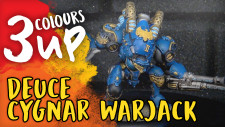

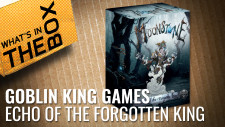
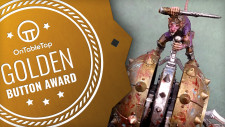

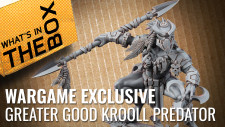
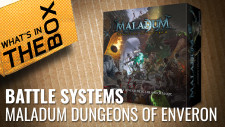





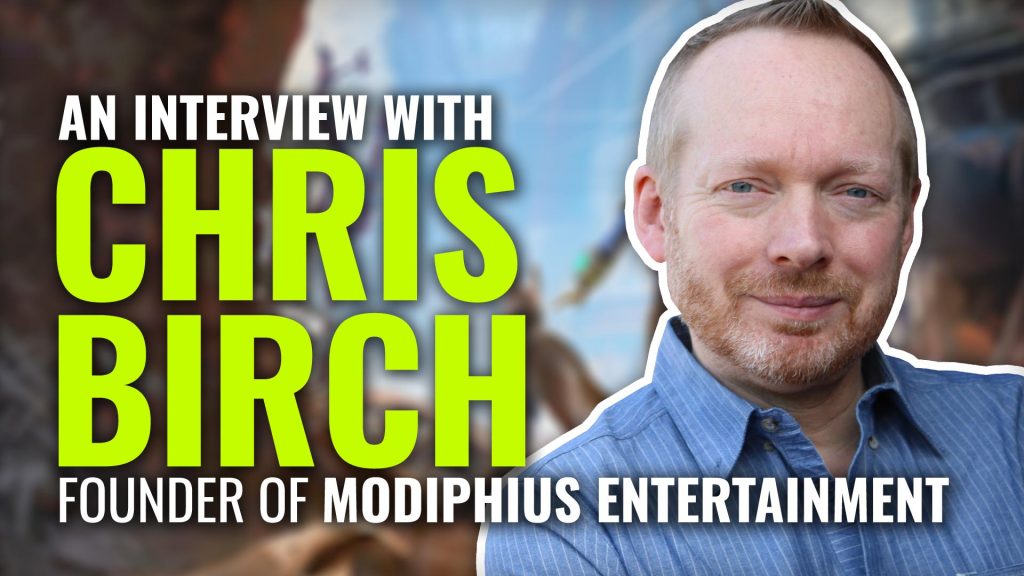
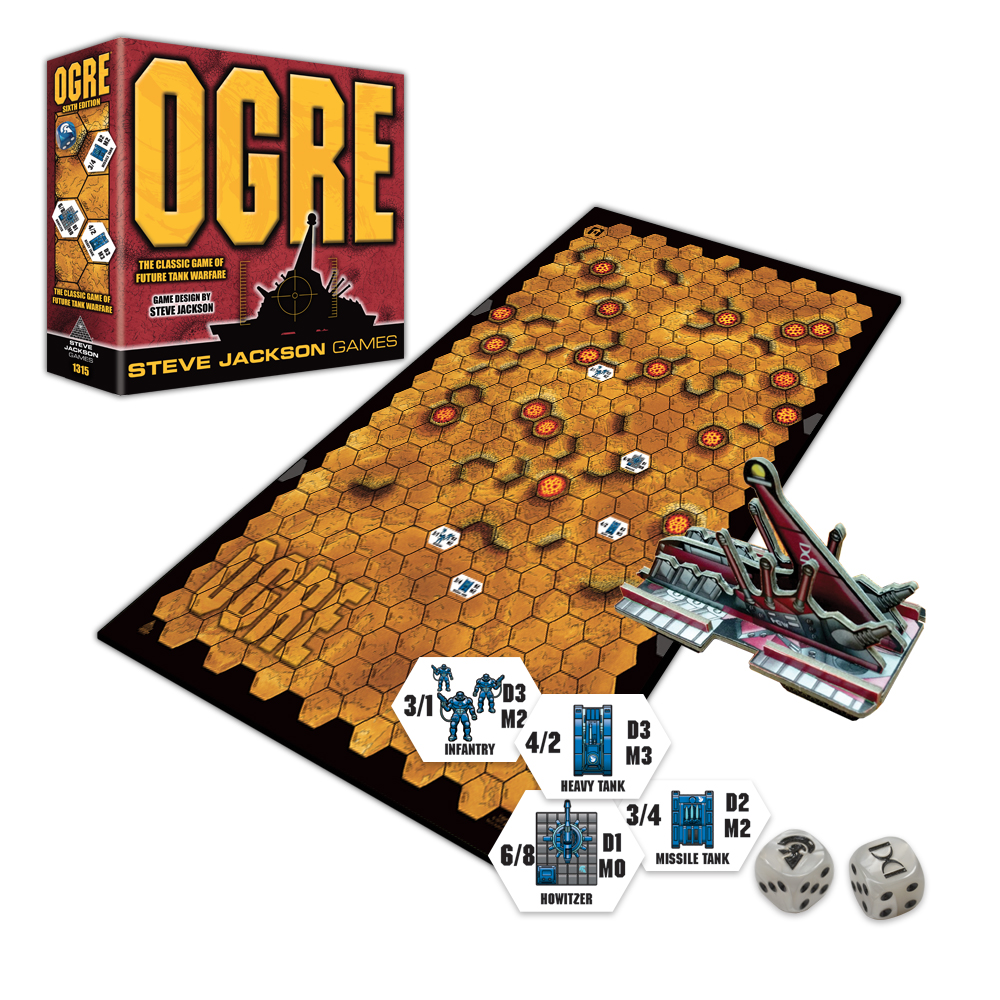
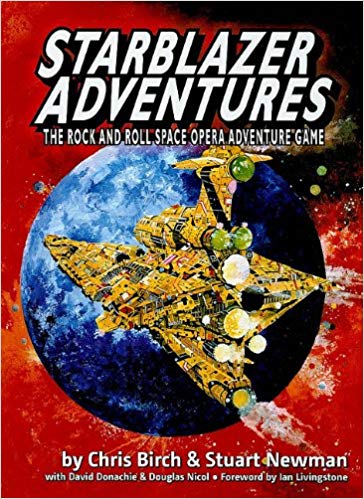
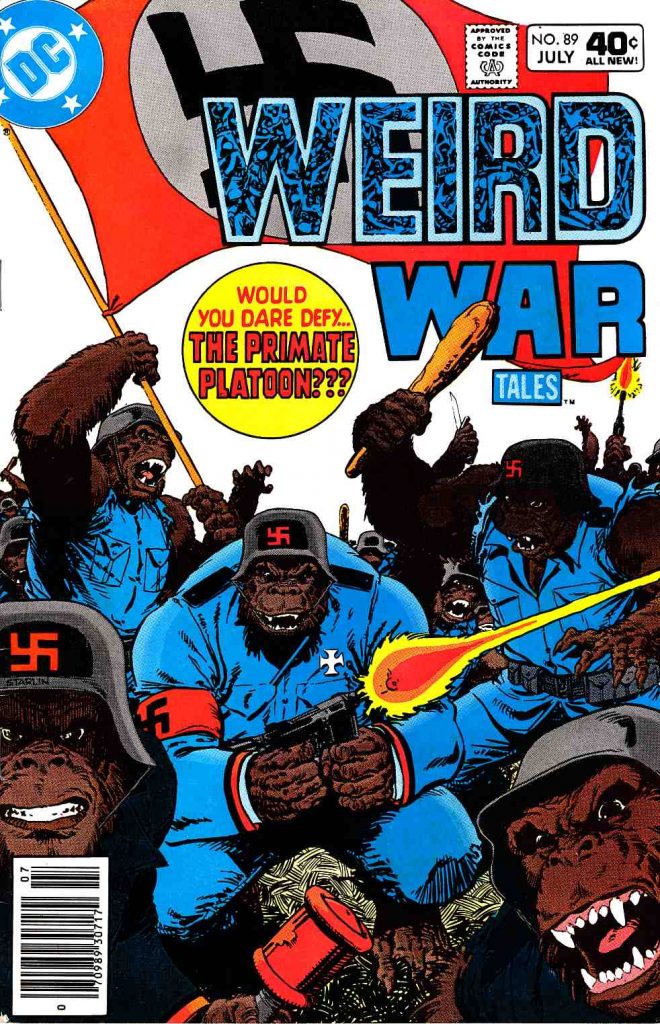
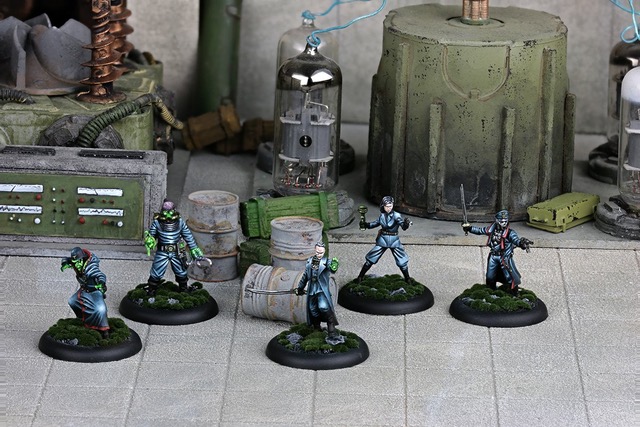
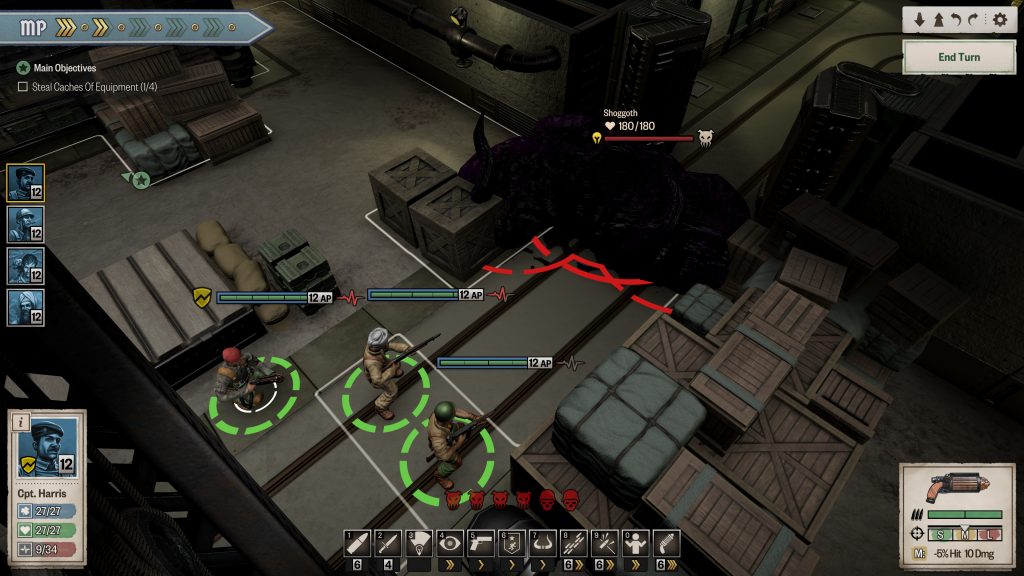
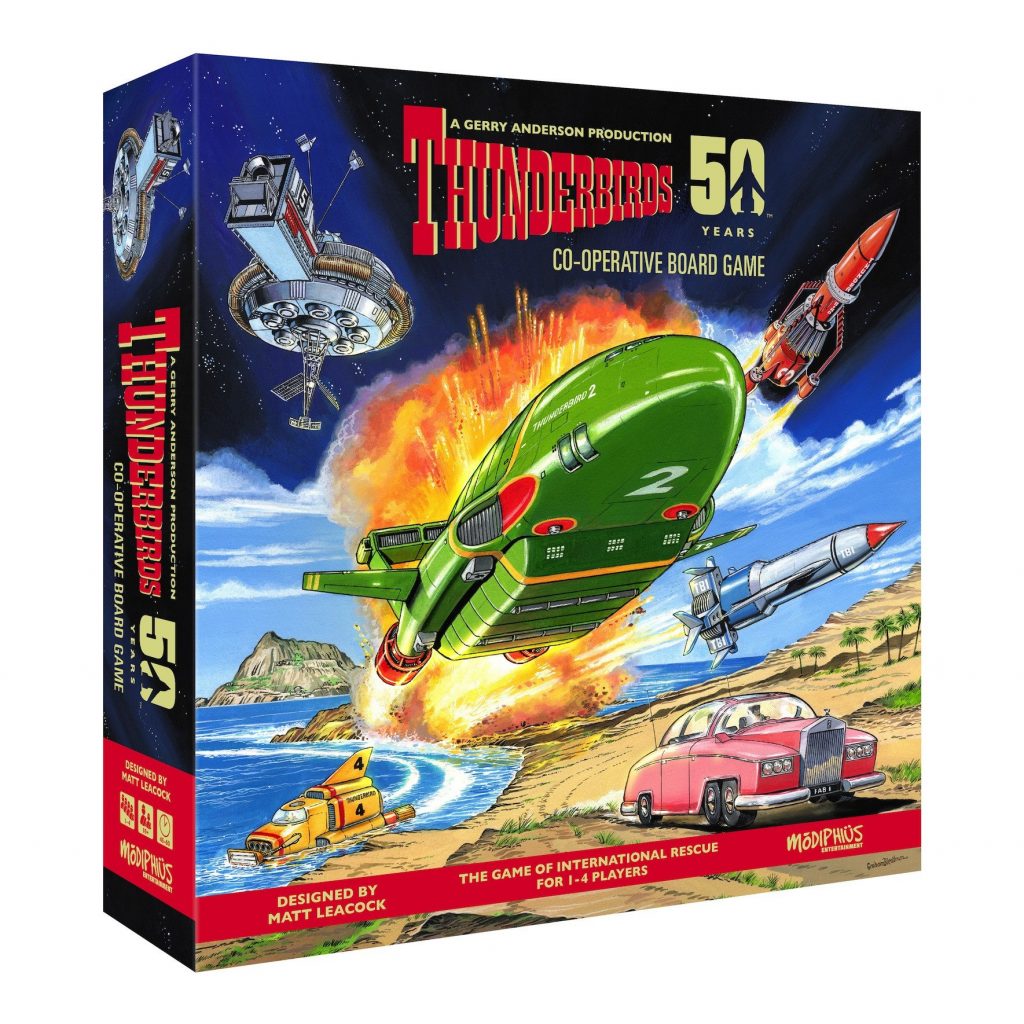
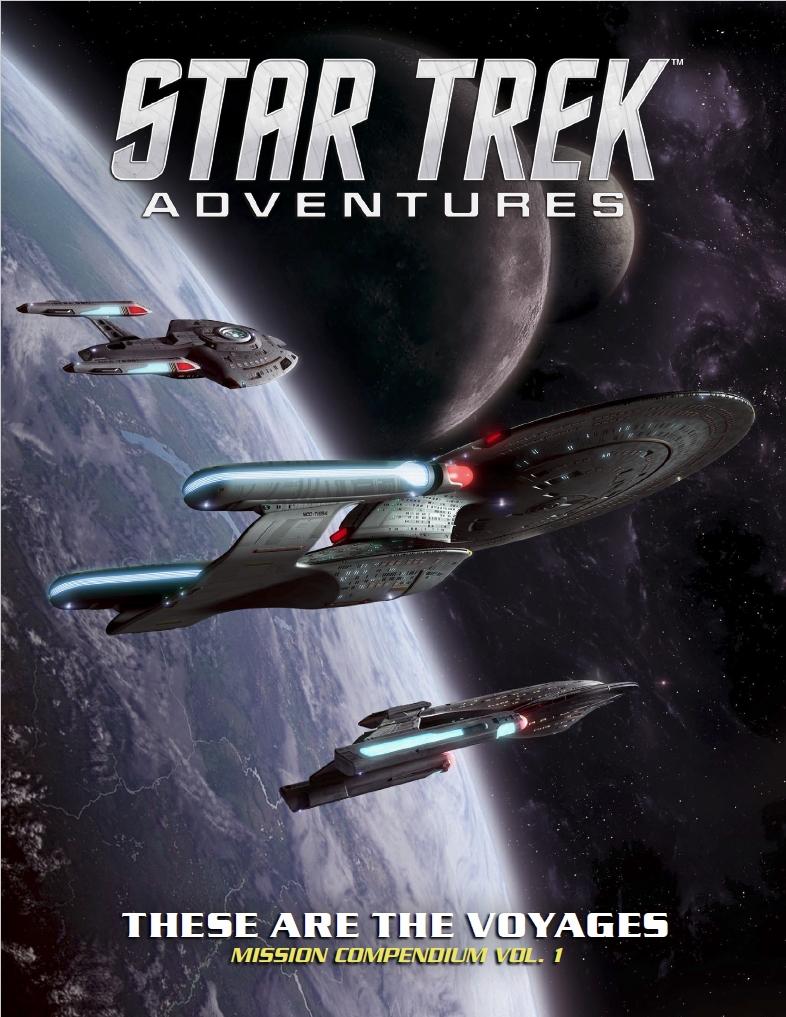

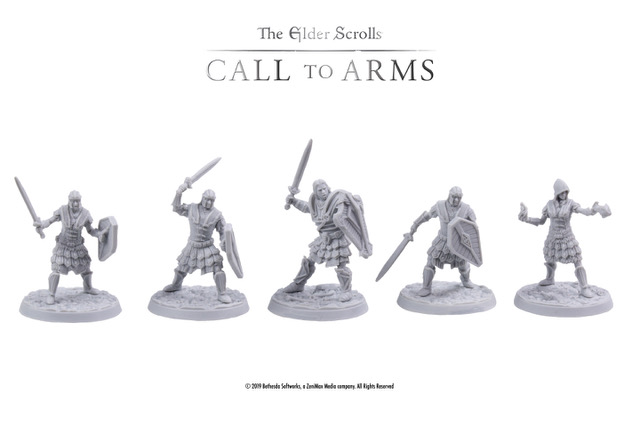
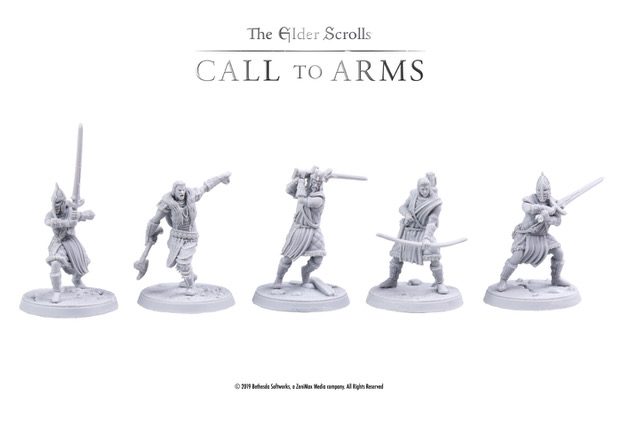
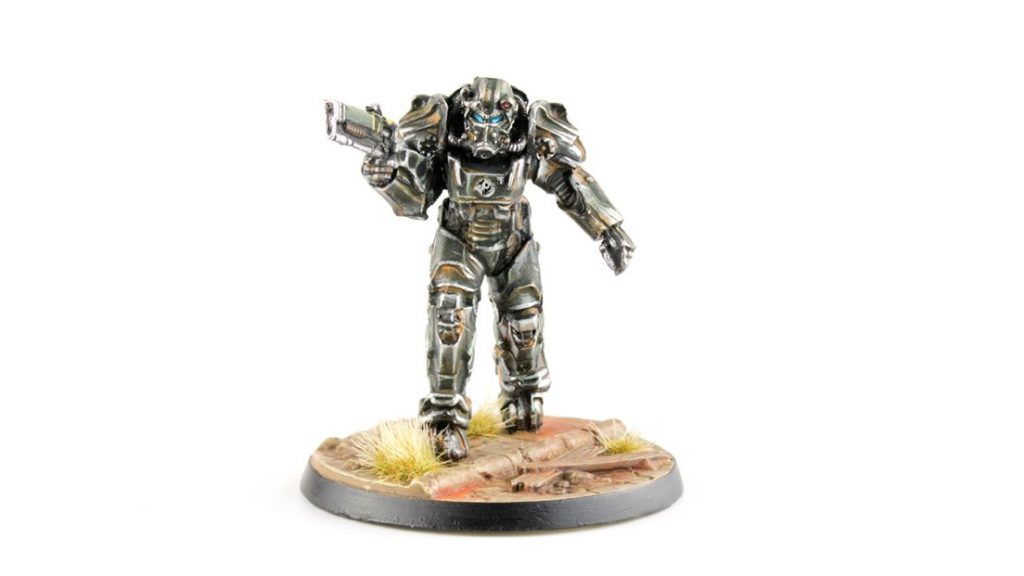
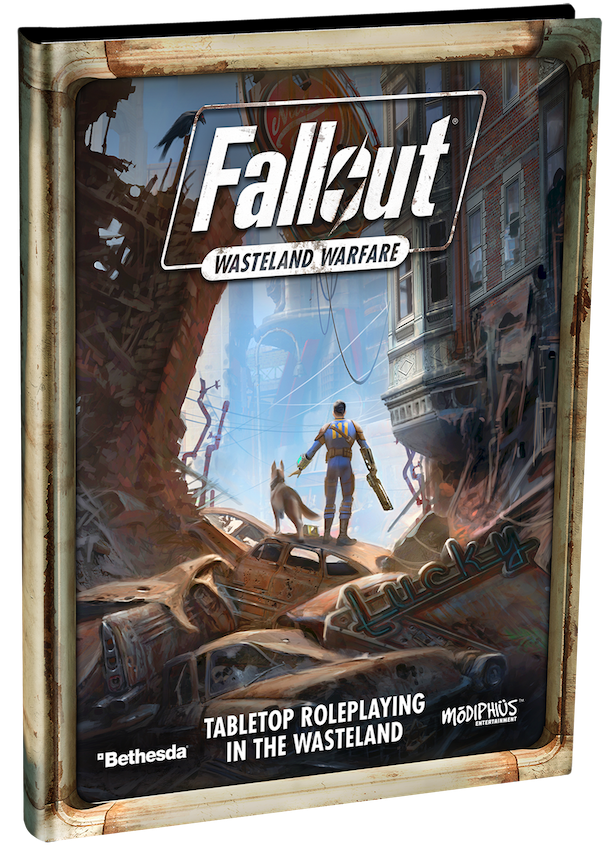
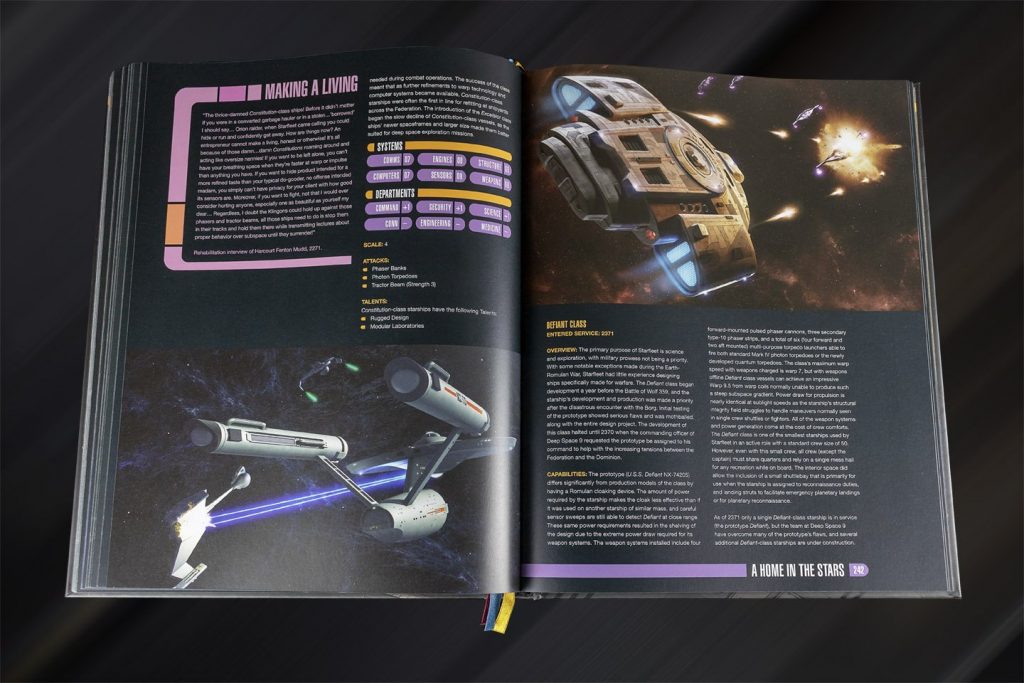

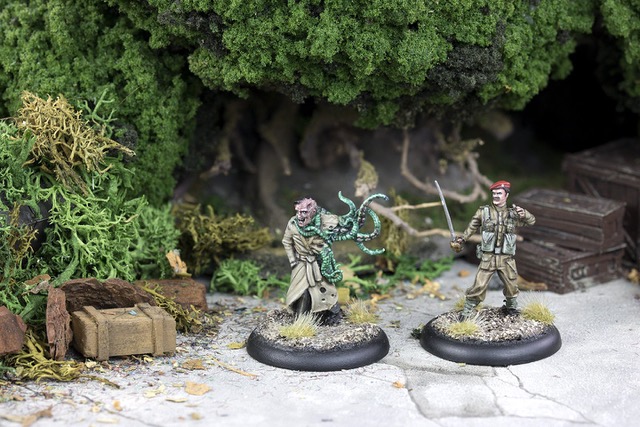

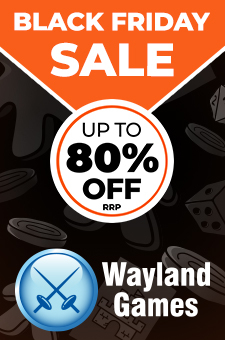
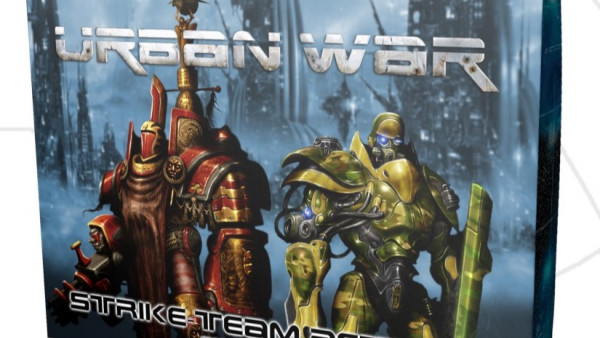
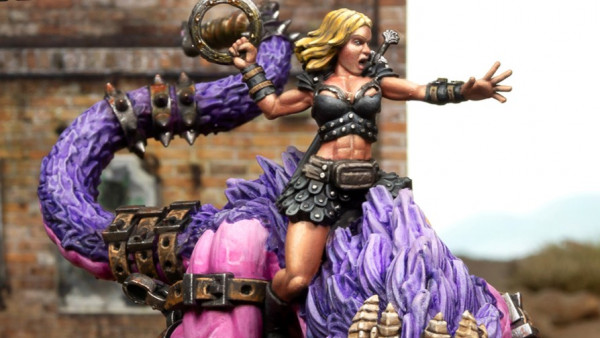
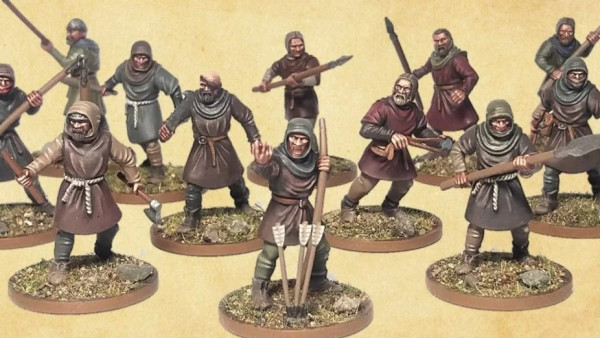
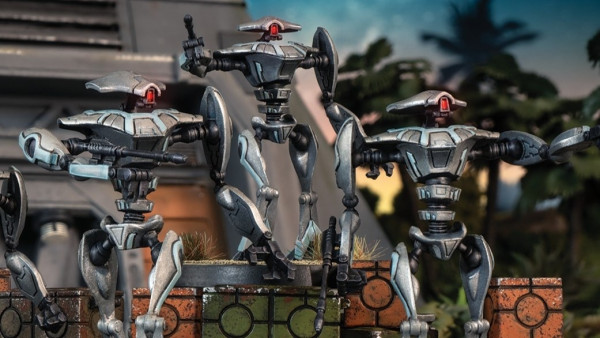
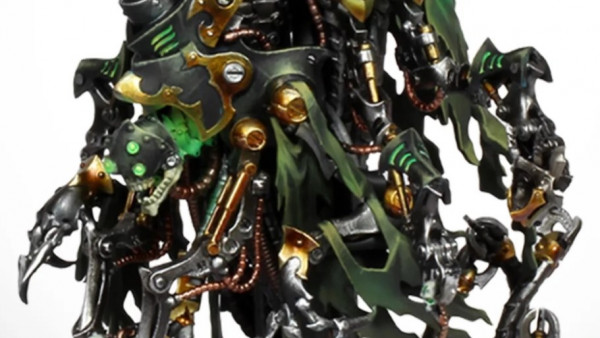
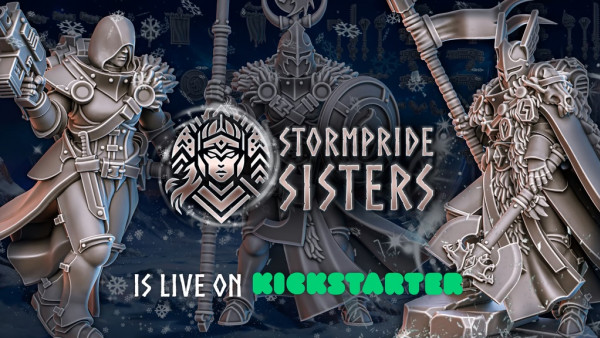
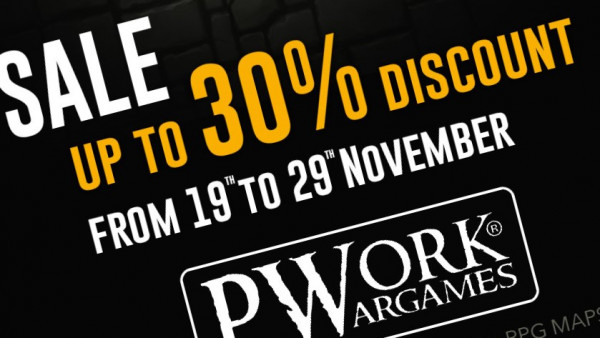
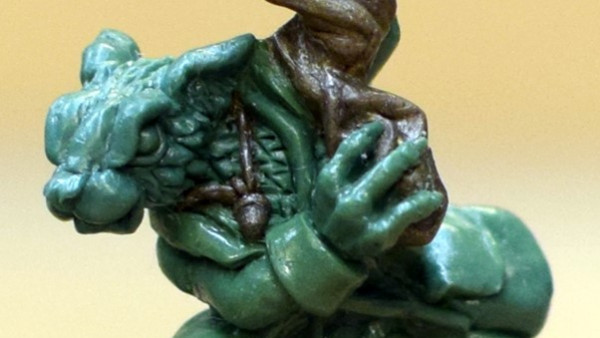
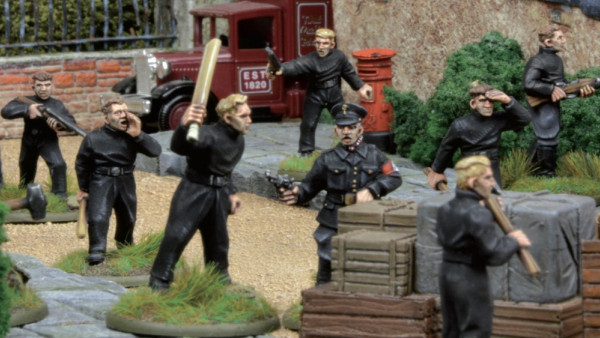
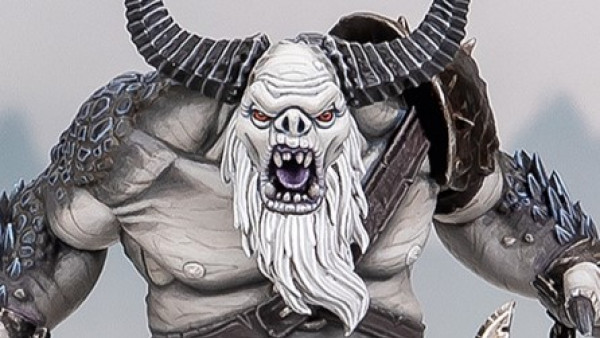
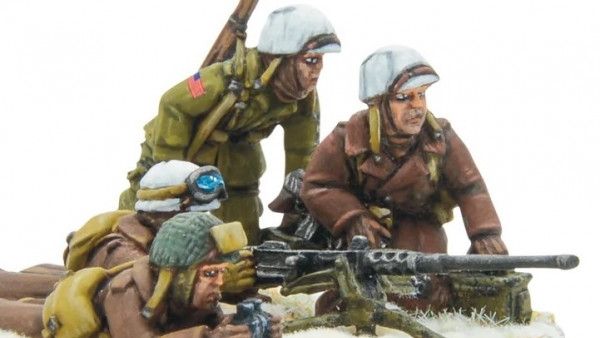
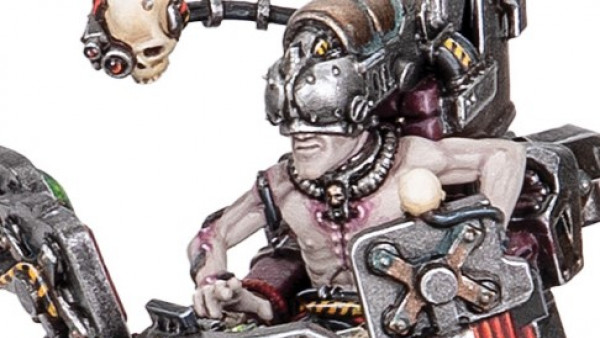
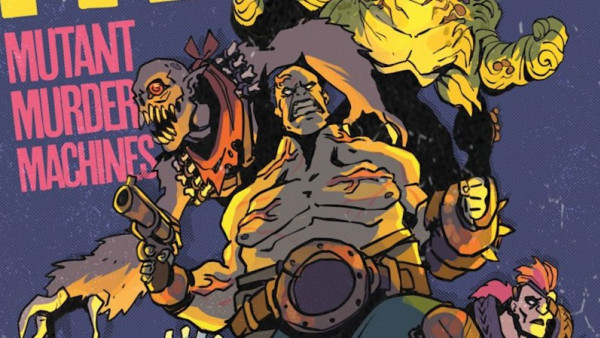
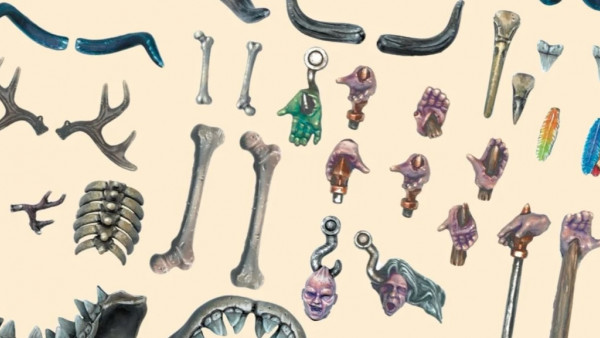
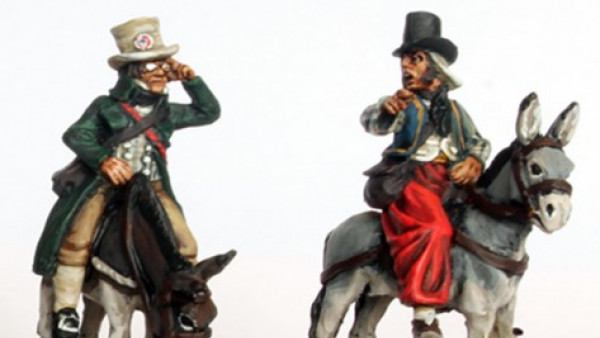
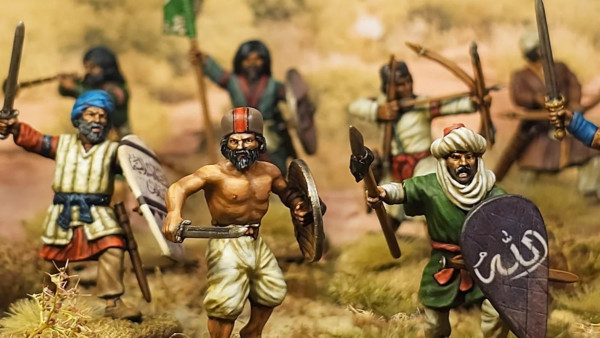
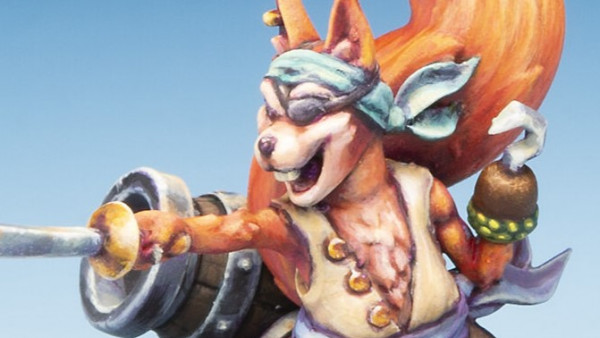
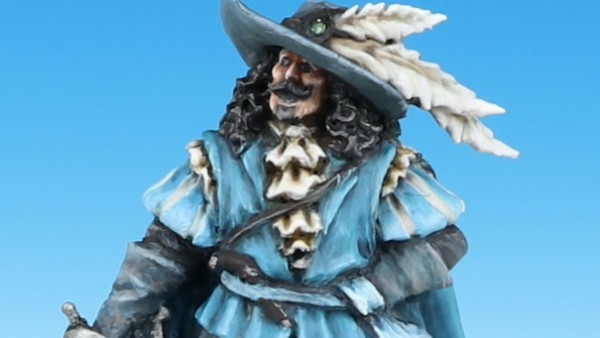
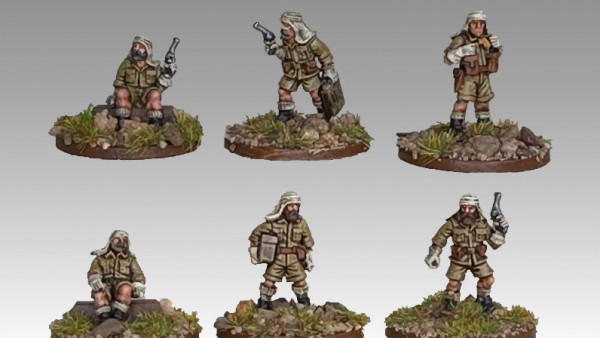
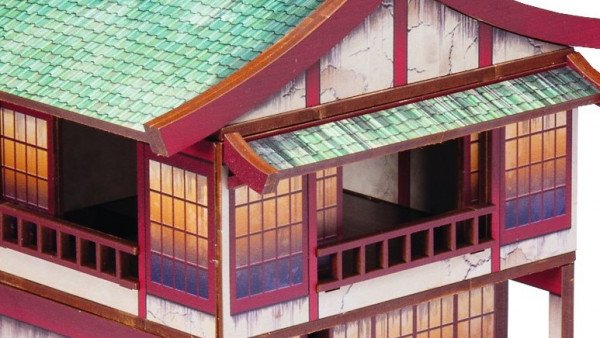
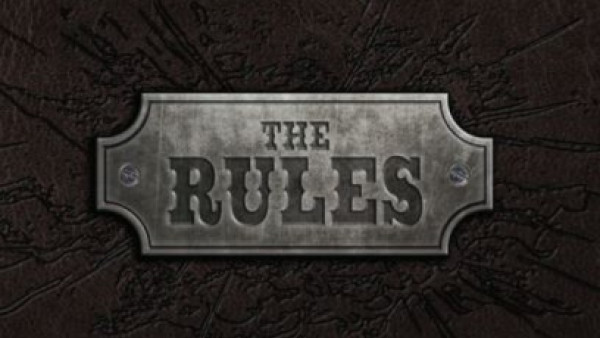
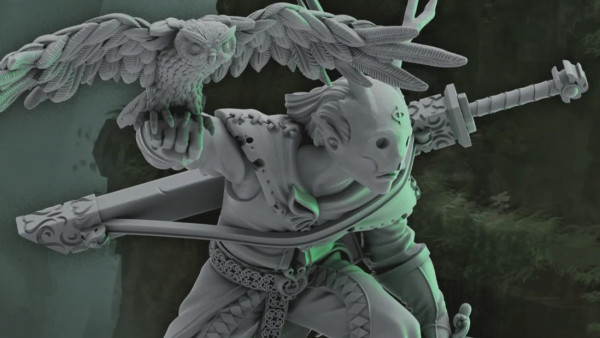
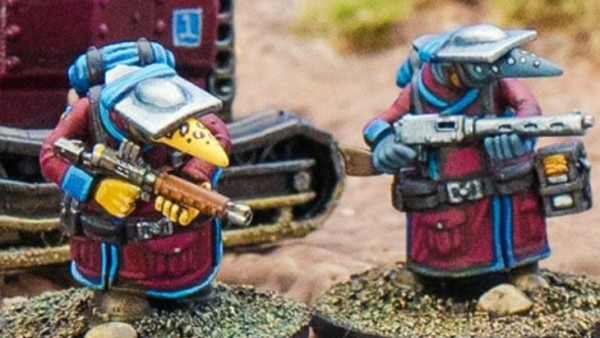
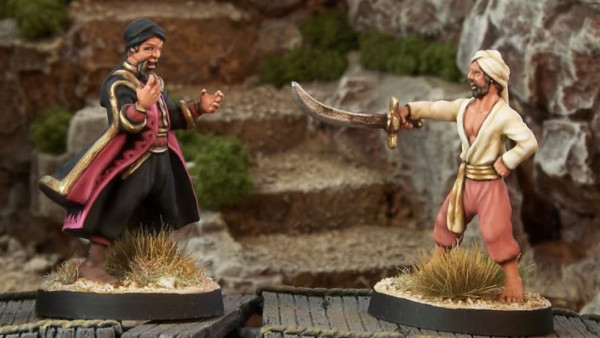
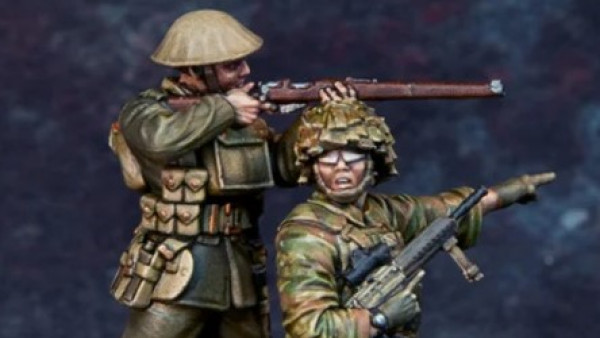
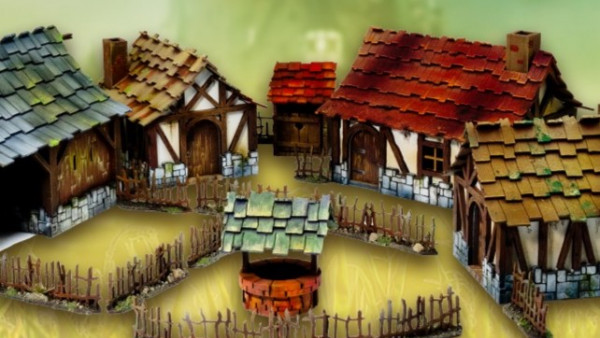
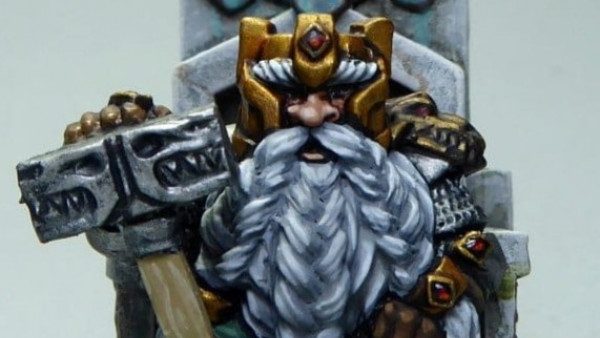
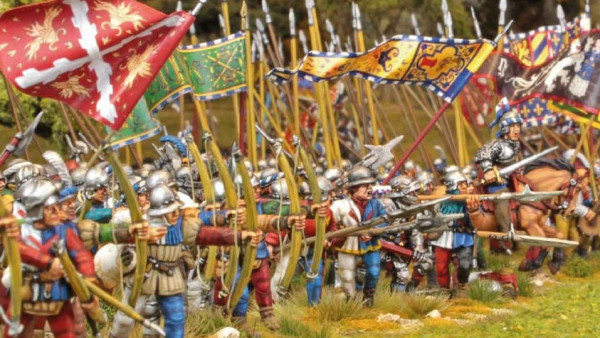
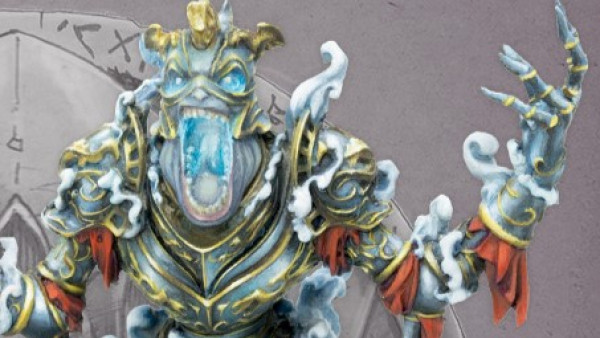
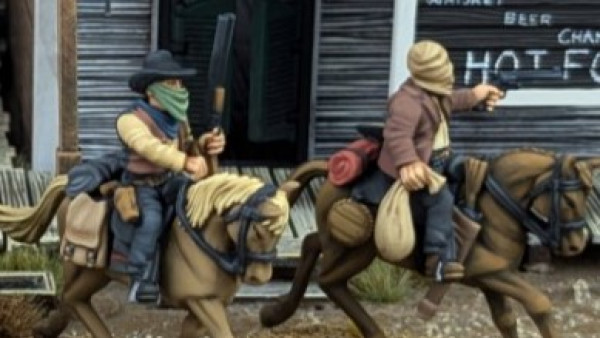


what a great read I think the Dune IP will be good loved the books when I was a kid.
I’ve never really played RPGs so wasn’t particularly aware of Modiphius until the miniatures games came along. The Fallout IP initially attracted me (it actually caused me to play the video games rather than the other way around!). What grabbed me was Chris’ vision of narrative, story telling miniatures games that could be played solo and co-op. Fallout Wasteland Warfare is incredible and delivers exactly that. It’s the best AI system I’ve ever seen, the rules reflect the flavour of the IP, and the miniatures are first class. So guess what, they announce Elder Scrolls so I’ve started playing Skyrim… Read more »
I love what Chris does with Mödiphiüs. And my wallet hates it. So many great stuff…and still more coming. 🙂
That was very interesting read. I hope there is much more to come Sam.
how about finishing Siege of the Citadel???
Don’t you believe in July 2019 aka ”final date” for shipping? Prepare for the visit from the local Brotherhood Bureau of Unclean Thoughts Treatment 😀
HAHA! Brotherhood won’t mess with me, I have been loyal to Cardinal Durand since the mid 90s.
Out of curiosity-are you happy with how they implemented Bhood in Siege? I do not like that not every hero can cast spells and instead there is a specialist for Art.
I haven’t even looked at any of the rules.
Look at that, here we are almost june 2020 and no sign of this.